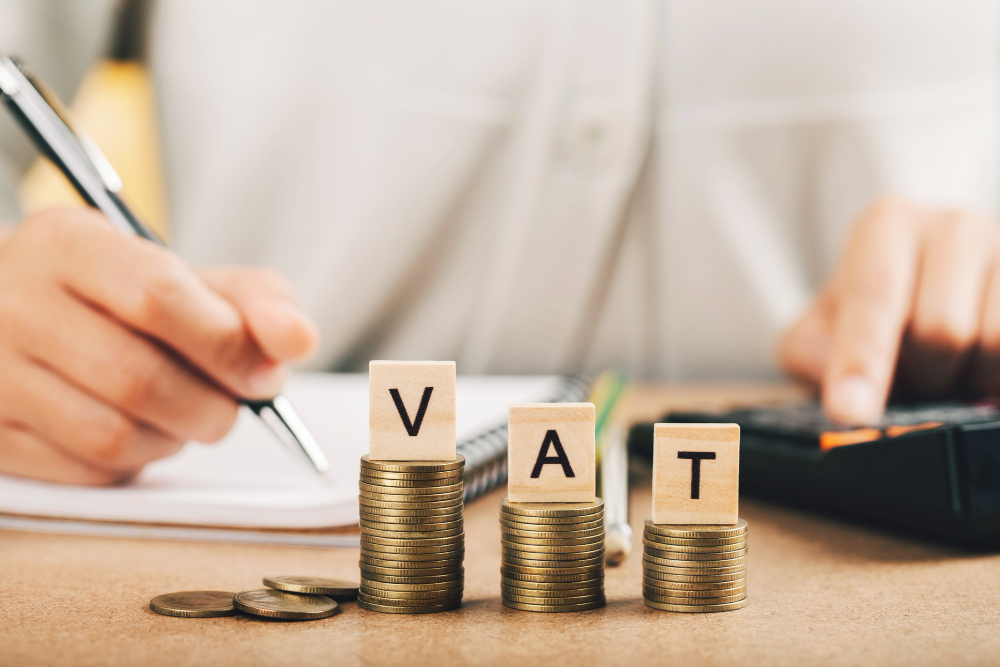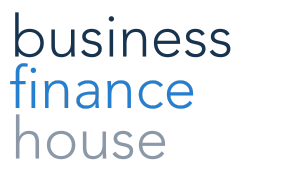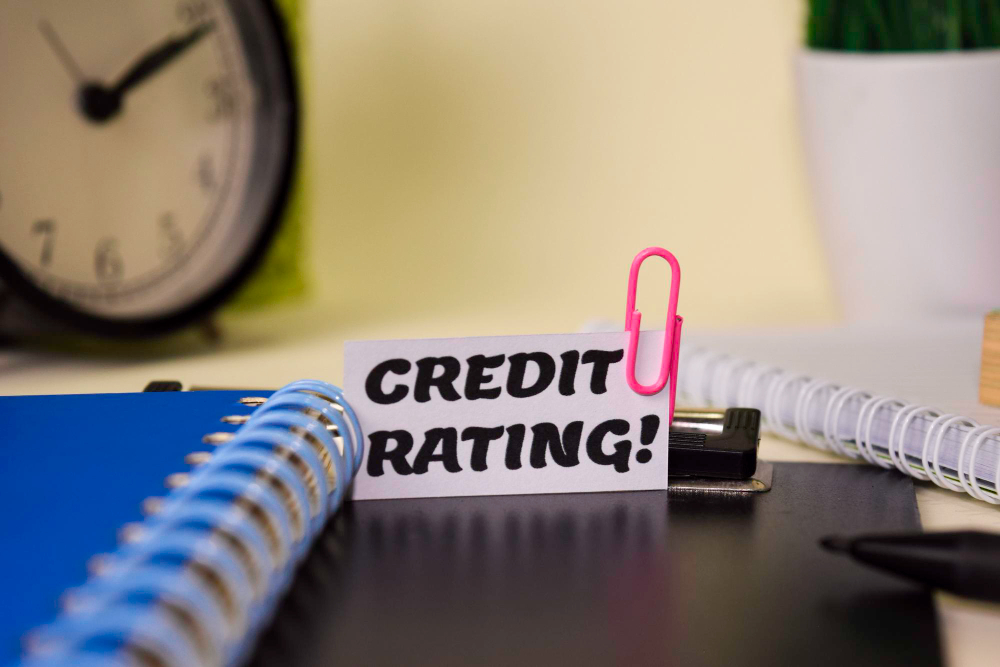When that quarterly VAT bill rolls around, it can feel like a real hit, especially if your cash flow is already stretched. That’s exactly why more and more UK businesses are turning to VAT finance as a practical solution to spread the cost. But before you apply, it’s important to understand whether your business meets the eligibility criteria for VAT financing and what lenders are actually looking for.
What Is VAT Financing?
VAT financing (also known as a VAT loan) is a short-term business loan designed to help cover your VAT bill to HMRC. Instead of draining your working capital or putting off supplier payments, you borrow the amount needed and pay it back in monthly instalments, usually over 3 to 6 months.
The main benefit is you stay on top of VAT deadlines without disrupting your cash flow or risking late penalties. It’s a smart way to keep things ticking without the financial juggling act.
Why Eligibility Criteria Matters
Just like with any other loan, lenders want some peace of mind. They need to be confident that your business can repay the loan and that it’s not under undue financial pressure.
Compared to traditional business loans, VAT loans in the UK tend to be more accessible. Still, there are a few key boxes lenders want to tick first.
Key Eligibility Criteria for VAT Financing
Here’s what most lenders will consider before giving you the green light:
1. Trading History
Lenders typically prefer businesses that have been trading for at least 6 to 12 months. It shows stability and helps build trust that you’re not just a flash in the pan.
That said, startups can still apply. Just be prepared to show strong projections or other financial evidence.
2. Business Turnover
While it varies by lender, many want to see an annual turnover of £90,000 or more. It’s not a hard rule and some lenders (especially through brokers) may be flexible depending on your industry and cash flow.
3. Credit Profile
Yes, your business credit score matters but don’t panic if it’s not perfect. For many business, VAT loans are still available to those with fair or improving credit.
In some cases, lenders might also consider the director’s personal credit, especially for small or newer companies.

4. VAT Registration
It sounds obvious, but your business needs to be VAT registered with HMRC to qualify. You’ll also be asked to provide your most recent VAT return or invoice to verify the loan purpose.
5. Affordability Evidence
Can you comfortably make the repayments? Lenders will want to see that, usually by reviewing:
- Bank statements (last 3-6 months)
- Management accounts or cash flow forecasts
- Any existing debt or finance obligations
They’re not looking for perfect books. Just enough reassurance that repayment won’t sink your business.
6. Purpose of the Loan
Being clear about why you need the loan matters. Most lenders prefer funding a specific VAT bill over general working capital. A transparent application helps speed up the process and boosts approval chances.
How to Improve Your Chances
If you’re close to qualifying but not quite there yet, don’t worry. There are things you can do to improve your odds:
- File your VAT returns and accounts on time
- Keep your bookkeeping tidy and up to date
- Build up your credit by repaying existing loans on time
- Work with a finance broker who can match you with flexible lenders
VAT bills are non-negotiable but stressing over them doesn’t have to be.
With the right approach, VAT financing can help you stay compliant, reduce pressure on your working capital and keep your operations running smoothly. By understanding the eligibility criteria upfront, you’ll be in a stronger position to apply with confidence and find the right lender for your unique business needs.
If you’re not sure where to start, contact Business Finance House today. We’ll help you explore your options and get the funding you need.




